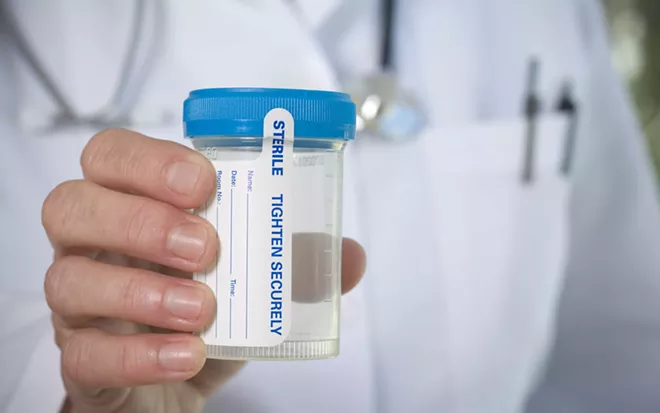By NELSON D. SCHWARTZ
© 2017 New York Times News Service
YOUNGSTOWN, Ohio — Just a few miles from where President Donald Trump will address his blue-collar base here Tuesday night, exactly the kind of middle-class factory jobs he has vowed to bring back from overseas are going begging.
It’s not that local workers lack the skills for these positions, many of which do not even require a high school diploma but pay $15 to $25 an hour and offer full benefits. Rather, the problem is that too many applicants — nearly half, in some cases — fail a drug test.
“Our main competitor in Germany can get things done more quickly because they have a better labor pool,” said Michael J. Sherwin, chief executive of the 123-year-old manufacturer. “We are always looking for people and have standard ads at all times, but at least 25 percent fail the drug tests.”Indeed, the opioid epidemic and, to some extent, wider marijuana use are hitting businesses and the economy in ways that are beginning to be acknowledged by policymakers and other experts.
The economic impact of drug use on the workforce is being felt across the country, and perhaps nowhere more than in this region, which is struggling to overcome decades of deindustrialization.
Indeed, the opioid epidemic and, to some extent, wider marijuana use
A federal study estimated that prescription opioid abuse cost the economy $78.5 billion in 2013.
The effect is seen not just in the applicants eliminated based on drug screening, but in those deterred from even applying. In congressional testimony this month, the Federal Reserve chairwoman, Janet L. Yellen, linked increased opioid abuse to declining participation in the labor force among prime-age workers.
“It’s not just a matter of labor participation; there is also a lot of collateral economic damage,” said Alan B. Krueger, a Princeton economist who wrote a widely discussed paper on the subject last year.
Were it not for the drug issue, said Krueger, workers trapped in low-wage jobs might be able to secure better-paying, skilled blue-collar positions and a toehold in the middle class.















